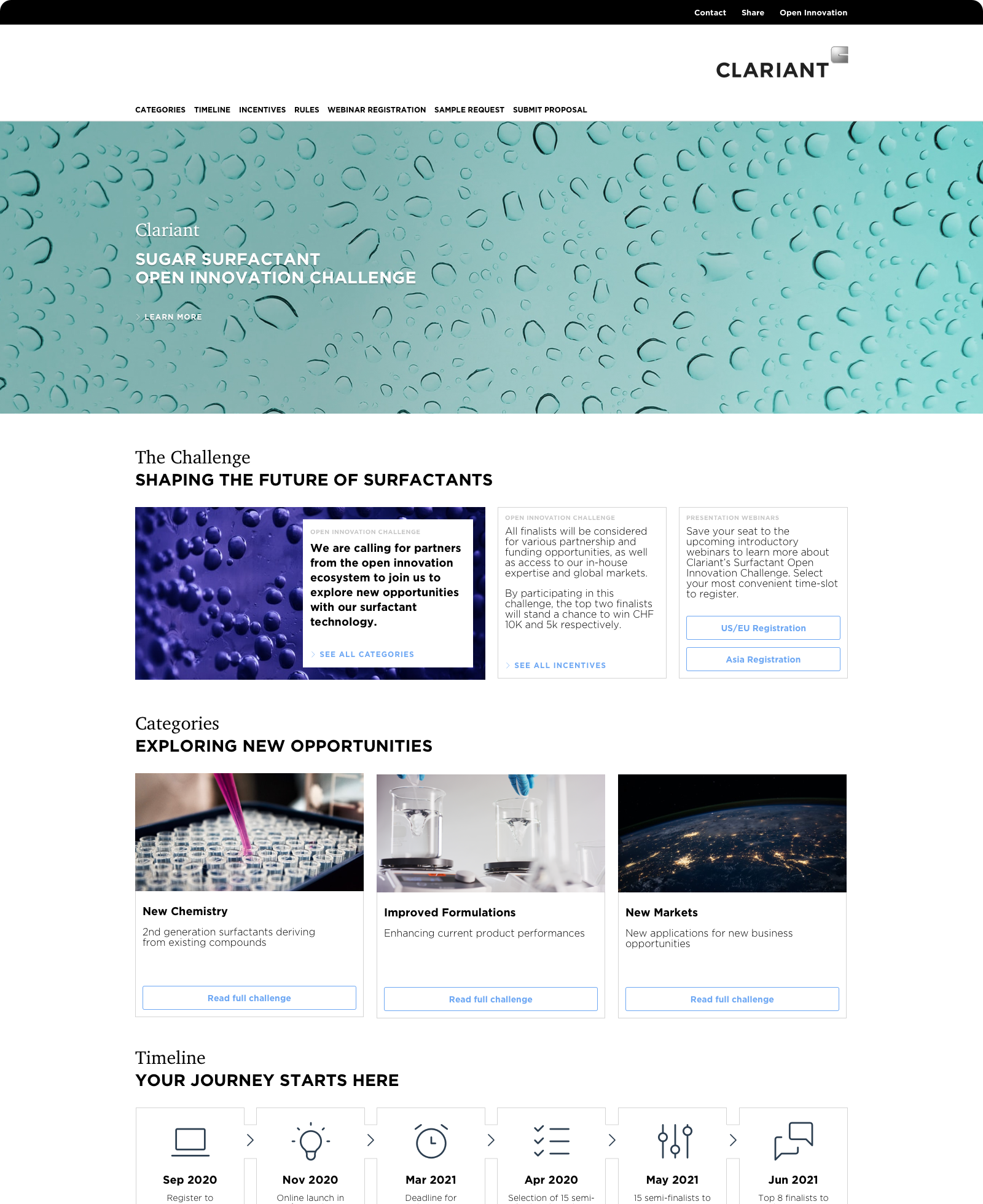
a tight "hell or high water" provision, requiring Huntsman to take any and all action necessary to satisfy regulators.


The merger agreement was negotiated in a competitive "deal jump" situation, with an industrial counterparty, after Huntsman had already entered into a signed agreement to sell itself to a third party. While this decision is a clear victory for Huntsman and stands out from other recent instances where private equity buyers have successfully negotiated or litigated to extricate themselves from highly leveraged transactions entered into before the credit crunch, when contemplating its wider implications, the Court's rulings must be analyzed in the context of a merger agreement that was particularly favorable to the seller. The Court rejected Hexion's claim that Huntsman had suffered a "Material Adverse Effect" or MAE (as discussed more fully below), and found that Hexion deliberately breached its obligations under the merger agreement and that any damages caused by such breach will not be subject to the $325 million liquidated damages cap in the contract.

must specifically perform its covenants under its merger agreement with Huntsman Corporation, including taking all actions necessary to consummate the financing of the transaction and to satisfy antitrust regulators, but the Court stopped short of requiring Hexion, a portfolio company of Apollo Global Management, to consummate the transaction. The Delaware Chancery Court ruled on Monday that Hexion Specialty Chemicals, Inc. Delaware Court Orders Hexion to Pursue Financing of Huntsman Acquisition Rules Huntsman Has Not Suffered An MAE Delaware Court Orders Hexion to Pursue Financing of Huntsman Acquisition Rules Huntsman Has Not Suffered an MAE October 2, 2008


 0 kommentar(er)
0 kommentar(er)
